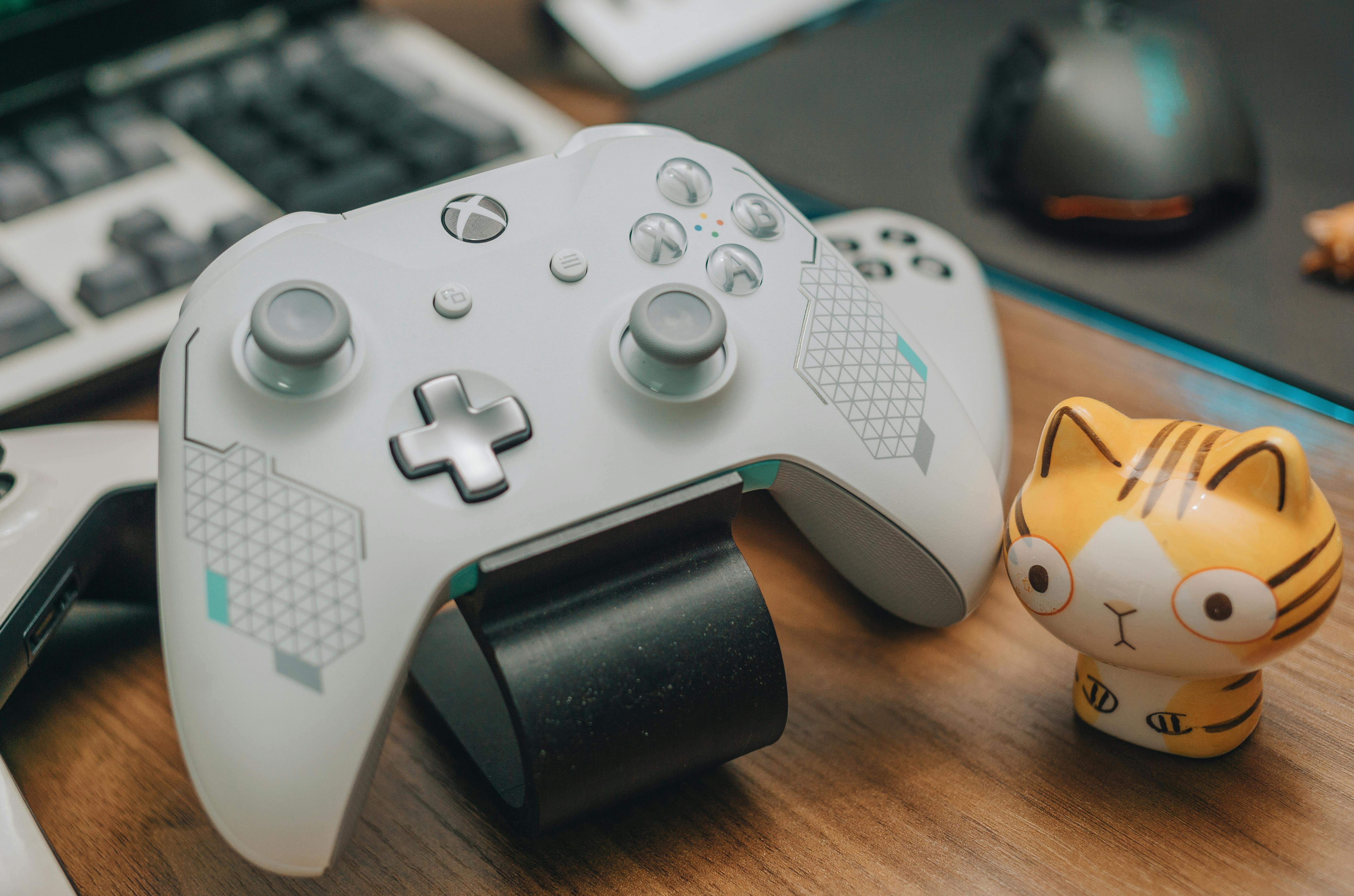Every year divers from all over the world get lost at sea and some end up dying or never being found. Most of these sign up for a sightseeing boat dive trip and due to inexperience, lack of common sense, negligence, and just plain bad luck, they are subjected to the worst experience of their lives.
Many of these divers are swept away by currents, become separated from other divers, or encounter adverse underwater conditions that affect their sense of direction and time. The problem is that in a third world country, the tour boat operator may be less concerned about safety than about keeping schedule. And if you have a problem, there are no attorneys suing someone.
You are basically alone or if you are diving with someone then it is imperative that you take care of each other during the dive. I did a dive in the Bahamas a couple of years ago and while I was clearing my ears about decent, the dive master and three divers disappeared when I hit the bottom. In fact, I didn’t see the dive master again until forty minutes later. Luckily I had my friend watching over me and waiting for me until I descended!
If you google lost divers, you will be amazed at the number of lost divers and some of the tragic stories that ended in death. So what is a diver supposed to do to prevent you or your dive buddy from getting lost in the middle of the ocean?
Common sense is the first and most important rule of thumb! Don’t stray, keep an eye on where the dive master is at all times, keep an eye on your other dive buddies, keep an eye out for strong currents that can move you over 5 miles per hour, when you surface, deploy your lifejacket. and look for the dive boat and other divers, have a signal light or safety light with you.
Obviously, there will be situations where you will find yourself in trouble, but the key point is not to panic! Especially if you come to the surface and cannot see the dive boat or other dive buddies. This can also happen if the swells and waves are more than four feet high and since you are floating low in the water, the boat may be a hundred feet away and you cannot see you.
If you panic, you will not be able to think clearly and will waste precious energy. Time is against you because if there are strong currents they will move you further and further away from your starting point and you will start to lose heat despite wearing a wetsuit. Another thing to consider is that if you are floating in the ocean, you will need clean water long before you need food and the sun will burn you.
Some basic precautions can improve your chances of survival. They have an inflatable signal coin that might come in handy, but the question is where to keep it. Another solution that is more useful at dusk and at night is a signal light that obviously must be waterproof and durable.
There are currently some lights on the market that will provide some help based on light color, light duration, flashing or solid color, light depth capability, safelight size, and durability.
Based on basic physics, the most visible light, whether underwater or overhead, is a white flashing LED light. Many of the lights that are supposed to be visible are solid and of different colors. It is not the best option if you want to be seen.
My preference is a water activated light that is bright and flickering white. There is a new company called diver savers that sells two types of lights that can literally last more than 150 hours of continuous use. Better than most others that rely on alkaline batteries that burn for only thirty hours at most, which is just over a day and probably not long enough in most cases.
Some of the lights on the market are the Trident Led Light Stick, Trident Mini Flashing Light, Waterproof Scuba Diving Strobe, I Torch Firefly, Princeton Tec Aqua Strobe, Tek Tite Led Strobe, Dive Buddy Locator, and Light of beacon for snorkel diver. These lights range from ten dollars to sixty five dollars and some are garbage and some are very well made.
The key points to look for are the build, size, brightness, flickering, and how long does the battery last while in the ocean? Personally, I prefer water activated safety dive lights because they can last for more than a hundred dives and not only make you visible on top of the water, but they will also make you visible to the dive master and fellow divers below. Water.
Dive safely and enjoy the ocean!
